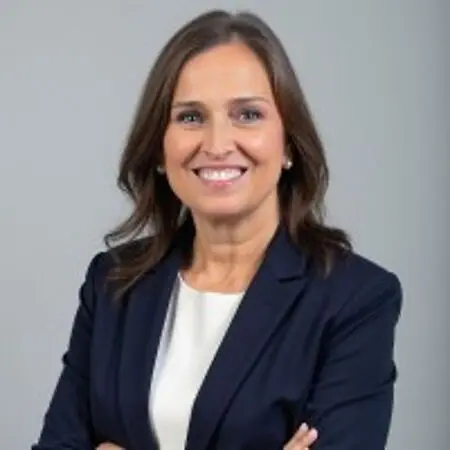Lisa Shepherd

Lisa Shepherd is a dedicated public servant and Republican member of the Utah House of Representatives, representing District 61. She began her legislative service in January 2025 after winning both the primary and general elections in 2024. With a strong academic foundation, Lisa earned an associate degree in business management and a bachelor’s degree in political science with an emphasis in public law and a minor in constitutional studies from Utah Valley University.
Before joining the legislature, Lisa served as a Senior Policy Advisor for Utah County, where she worked closely with commissioners, department heads, and community stakeholders to develop policy, analyze budgets, and improve government operations. Her deep understanding of public administration, combined with hands-on experience in both local and federal campaign efforts, has shaped her results-driven approach to governance.
Lisa has been a passionate advocate for safe communities, accountable public programs, and effective solutions to Utah’s homelessness and mental health crises. Her work in the House reflects a commitment to data-driven reform, public safety, and protecting the values and quality of life for families across the state. Her long-standing involvement in civic leadership, party organization, and grassroots outreach underscores her dedication to public service and making a meaningful impact in the lives of Utahns.
• Utah Valley University- Associate's
• Utah Valley University- Bachelor's
• Boys and Girls Club
• Beehive Energy Alliance
• The Other Side
What do you attribute your success to?
I attribute my success to the strong relationships I’ve built over the years, starting as a neighborhood chair and holding several elected positions. I believe in the power of collaboration—bringing people together from all walks of life, even with differing values or goals, to work toward a common good for our communities.
What advice would you give to young women entering your industry?
My advice to young women entering this industry is to always be yourself—stay authentic, be relatable, prioritize others, and lead with a heart of service.
What are the biggest challenges or opportunities in your field right now?
One of the biggest challenges in my field right now is earning the trust of the community, especially when so many people feel disillusioned with politics—but I always remind voters that if they’re not comfortable with who’s in office, they have the power to vote for change.
What values are most important to you in your work and personal life?
The values most important to me in both my work and personal life are staying connected to people, understanding their needs, and being of service—whether through my role in senior policy or by continuing grassroots conversations with the voters I’ve come to know and care about.